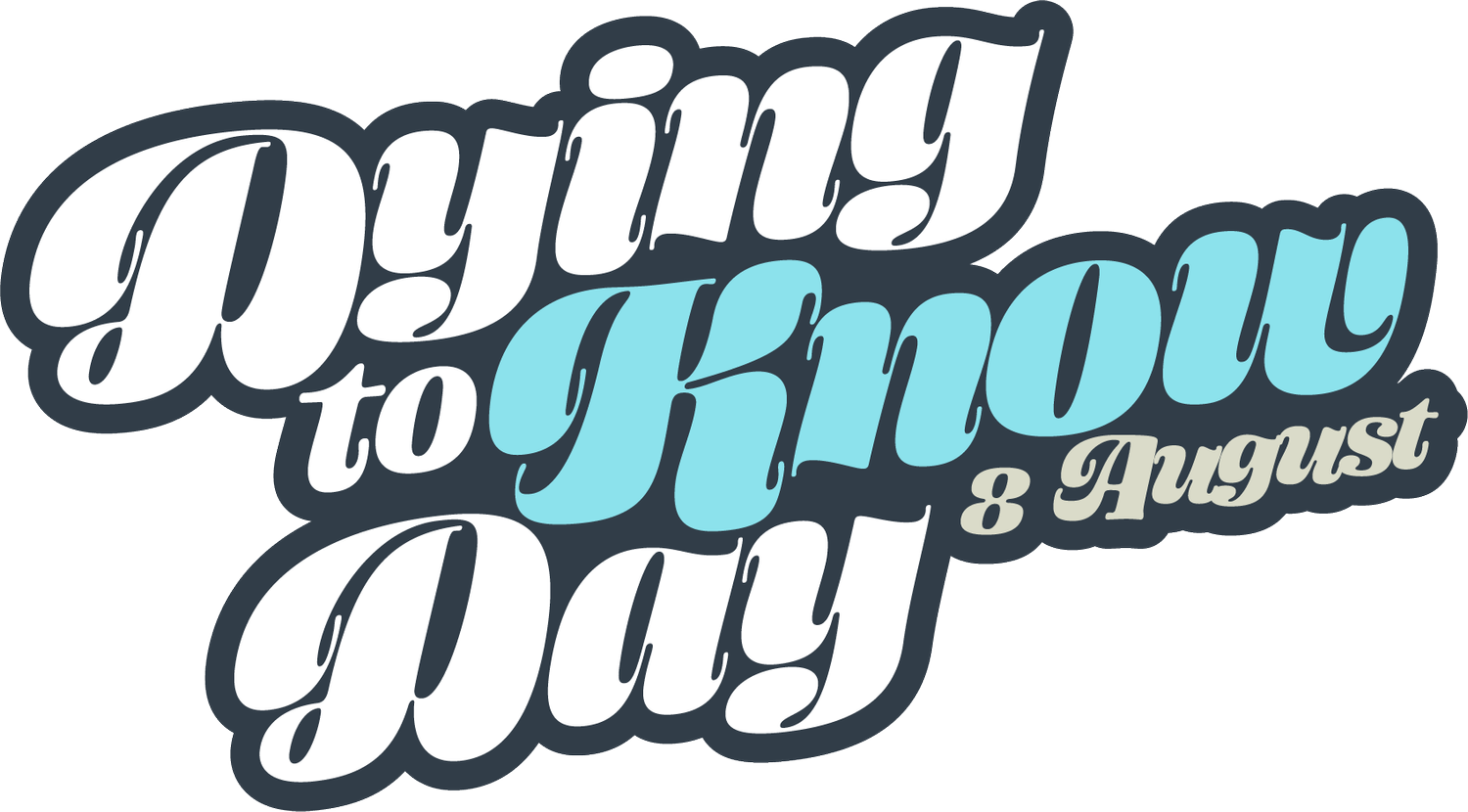Why Barbie’s question is an important one
Guest Article - Jessie Williams (Manager, Community Programs CCNB)
Amidst all the pink, there was one scene in the trailer for the new ‘Barbie’ movie that caught my attention.
In the middle of a dance party, Barbie – bright and bubbly as ever – asks her friends: “Do you guys ever think about dying?”
While the question is an immediate killjoy here – and lends itself to a nice comedic moment – it is actually an one of the most important questions you can ask yourself and your loved ones.
More of us should be talking about death and our wishes around end-of-life. However, it is met with silence and shock – a reaction many of us would have ourselves if we really were asked this in our real lives.
Even in the make-believe world of Barbie, the question elicits discomfort and fear. This, in turn, leads us to some other important questions – why are we so afraid of talking about death and what can we gain from talking about it?
Avoidance
Death is often over-medicalised and institutionalised. Our superstitions, fears, discomfort, and lack of knowledge about dying affect our approach to end-of-life. So, many of us avoid conversations about death entirely.
Australian-first research, conducted by Dying to Know Day, revealed the attitudes, behaviours and experiences of Australians around death, dying and end-of-life planning. Not surprisingly, it shows that almost two in three (64%) Australians feel there are challenges and barriers to them undertaking end-of-life planning – including death and dying being too emotional to think about (14%), not knowing where to start (17%), or where to get help or information (16%) and not understanding their choices when it comes to end-of-life (15%).
Reshaping our approach
The reaction to Barbie’s question alludes to a broader opportunity to reshape the way we approach death in our communities – especially at a time after the COVID-19 pandemic fundamentally changed how we live, die and grieve.
The Dying to Know Day study showed that Australians agree – with nine in ten (87%) Australians believing it is important to do some end-of-life planning. However, only one in three (35%) have actually taken action.
Dying To Know Day is an annual not-for-profit campaign that is empowering Australians to improve their ‘death literacy’ to start important conversations about end-of-life with their friends, families and support systems.
Avoidance may be an ‘easy fix’ for a topic that you may find uncomfortable. Feeling ill-equipped to act or start a conversation around death, means that we don’t create the space or opportunity to consider what we want at end-of-life. In turn, this can mean that end-of-life experiences are not aligned with an individual’s values, preferences or wishes.
While it may not be a concern for Barbie herself, for the rest of us, the reality is that death will happen to us all.
There are a number of perceived benefits of end-of-life planning, at all stages of life. Most profoundly, the Dying to Know Day research showed that Australians believe that if they were to die unexpectedly, having some end-of-life planning in place would help the people they care about.
Almost half (48%) of all Australians feel it would lessen the mental burden of organising financial and legal affairs on their loved ones; and two in five (40%) believe that their loved ones would be comforted by knowing for certain what they want to have happen after they die. Almost a third (30%) believe it would help their loved ones grieve and heal more readily.
By having a conversation with loved ones, you can help them better understand your wishes for end-of-life – and you can understand theirs
If you’re unsure where to start, the simplest step – and the one Barbie inadvertently took herself – is starting a conversation. By initiating end-of-life conversations, we can help normalise planning for this stage of life and ultimately alleviate the emotional burden placed on our loved ones when we die.

